Tips on becoming the "Custodian of your own Health"
- Education on nutrient-density, health and nutrition. The fact you’re reading this blog says a great deal - it means you’re invested in your health and probably the health of your loved ones. Understanding the foundation and framework of a diet is imperative to long-term success. Once you have a firm understanding on the framework of a diet then you can customise and tailor it to suit you. Things to factor in are food accessibility, budget, time management and preferences. Once you instinctively know the fundamentals of a diet (lifestyle) then you can walk unaided so to speak, in that you’re no longer relying on others for instructions or guidance. We all need that in the beginning to enable us to stand and walk but beyond that we must stride out solo. It’s simply not sustainable to be glancing over someones shoulder all the time and mimicking what they’re eating and doing. I’ve given many presentations on health and nutrition and often get asked what my typical day on a plate look like, I always respond in fairly broad terms but people want to know explicitly what I eat - however, the food I eat reflects my budget, food availability, time management and preferences. You could in theory replicate but would that be true to you and all those factors, if so then there’s a good chance we are a clone of each other, otherwise the chances are customising to suit you and your lifestyle is key to long term adherence.
- Before you can cook you’ll need to shop. Load your basket or trolley with fresh produce. Foods which were once live should occupy the majority of your shopping bags. Live or real food is packed full of ‘information’ which your physiology needs in order to achieve optimal health. Giving your body the inputs it requires is fundamental to cellular health and longevity. Foods rich in ‘information’, in the form of minerals, nutrients and vitamins are real foods - shellfish, fish, wild game, cruciferous veggies, spices, poultry, eggs and even insects. Nutrient-density will give you more nutritional bang for your buck and keep you satiated for longer. Granted it may come at a higher price point, but with the appropriate macro-nutrient split it will serve to keep you feeling fuller longer. There’s a reason people experience the desire to eat again shortly after consuming a Big Mac - this isn’t a case of gluttony but is largely out of your control - as the ingredients trigger a particular set of hormonal circumstances which results in feelinghungry quicker. So although a Big Mac is cheaper in the short term, the upshot is you’ll be eating with greater frequency when compared to eating nutrient-dense foods. With the appropriate macro-split and nutrient-density you’ll be eating less often, maybe 2 or 3 times a day whilst snacking goes out of the window. Grazing all day is a strange concept for humans and certainly wouldn’t have been replicated by our ancestors - we aren’t ruminants last time I checked and eating throughout the day is not optimal for our digestive system. If we give ourselves the right inputs then health, optimal weight and longevity is in reach.
- Aim to cook most things you eat/drink in a day yourself. The ingredients list for any dish will be undeniably yours, it won’t be at the mercy of the manufacturer/producer. Real food (broccoli, chicken, fish, wild game, spinach, kale, cabbage etc) doesn’t come with food labels, it just simply is what it is. However, refined and processed foods have been conjured up by manufacturers in order to allure you in with flavour and mouthful and more of often that not this will involve jamming with weird and wonderful ingredients. Most manufacturers don’t care all that much for your welfare, health and well-being, they want to maximise their bottom line and know how to do that by combining the winning ingredients in the right ratios (sugar/fat/salt). The same can be said for cafes and restaurants - most (with the exception of a few) don’t have your health at the heart of their decision making. They want to make money and hopefully deliver a good product, but eating out is outsourcing your health. Cafes/Restaurants operate in a commercial and competitive space and so product quality and profits are prudent goals to have, your health isn’t a primary goal for them. Every time you eat out you relinquish the control and ownership of your own health.
- Work your kitchen muscle. Becoming the next Jaime Oliver in the kitchen won’t happen overnight but it can happen. Just with any new skill that you’re hoping to refine and craft, it requires practice, practice, practice. There will be lots of trial and error - and a few disasters along the way but we all learn from our mistakes. If this is the start of your health journey don’t try and run before you can walk, with all due respect keep things easy. Keeping your dishes simple and fuss free will set you up for success in the beginning. Diving straight into complex, labour-intensive cooking will only serve to buck you off the rodeo before you’ve had time to settle in.
- Craft a small collection of dishes and slowly refine them to your tastes and your kitchen, if you need to follow a recipe then that's totally cool with me, but naturally over time you’ll know what ingredients are required for that dish and in what quantities. You’ll most likely go ‘off-piste’ and modify the recipe slightly because you’ve learnt it’s tastier with more/less fat, salt, spice, herbs or heat. Once you’ve replicated it enough times and refined it to your preferences it is then yours to own. Store it in your-back pocket ready to use anytime. Overtime grow the repertoire of your dishes to include a couple of salads, some slow-cooked dishes and a curry or two, you’ll eventually become adept at combining herbs, spices, fats, salt and liquids, knowing instinctively what ingredients lend nicely together.
- Get excited about being in your kitchen, this might mean giving it a spring clean or investing in a new knife or chopping board. When I first met my wife she was chopping with a knife that hadn’t seen a sharper for years, she was better off chopping with a wooden spoon to be honest. Little things like a sharp knife can make a huge difference to a cooking experience. Do what ever you need to do to entice you into your kitchen, a portable music speaker might do the job or a poster of Brad Pitt (circa ‘Fight Club’) or Raquel Welsh (circa 'One Million Years BC’)….think I’m revealing my age now.’
For personalised coaching contact Scott on scott@scottgoodingproject.com.


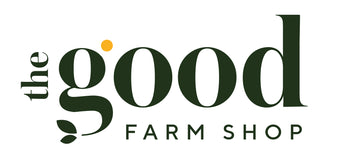

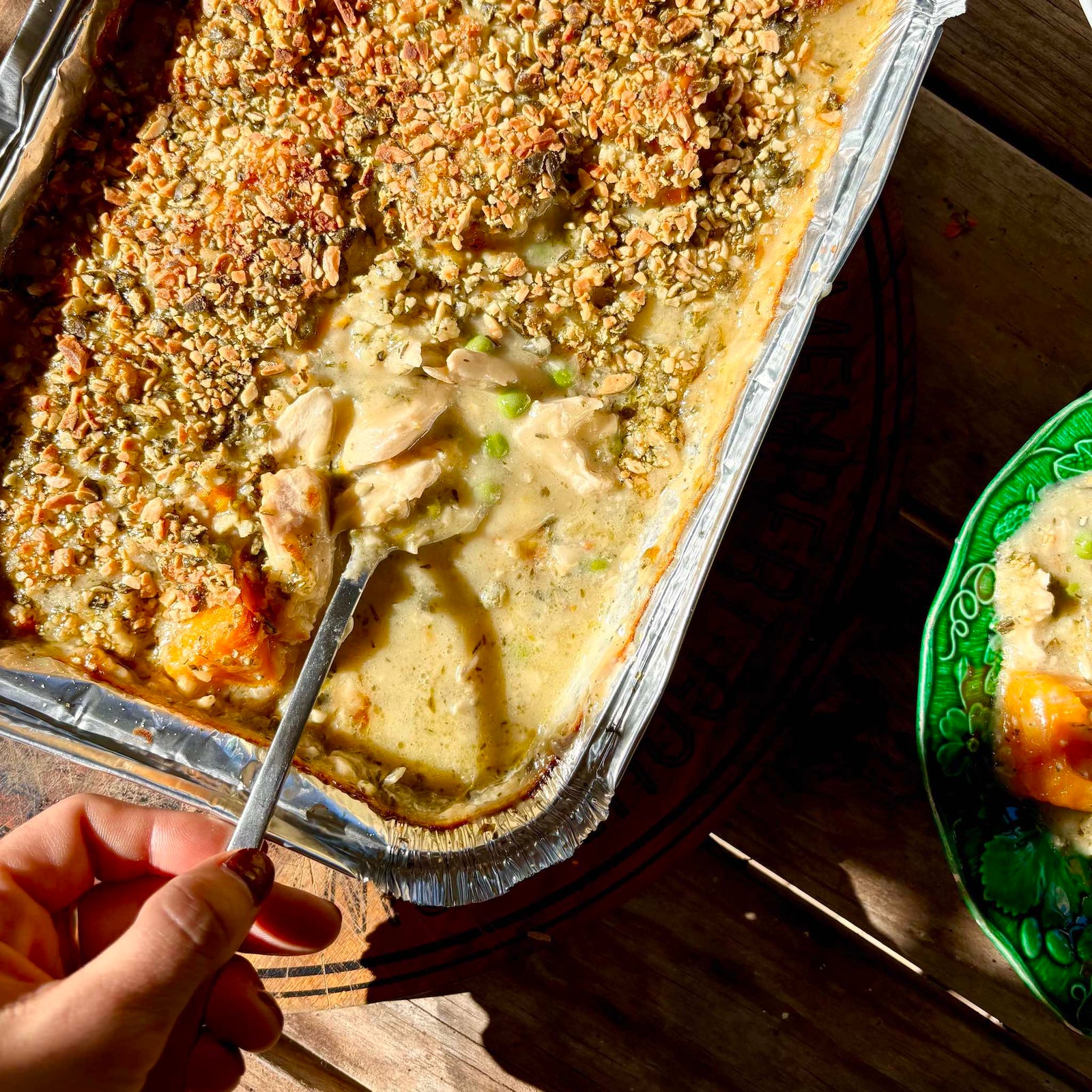
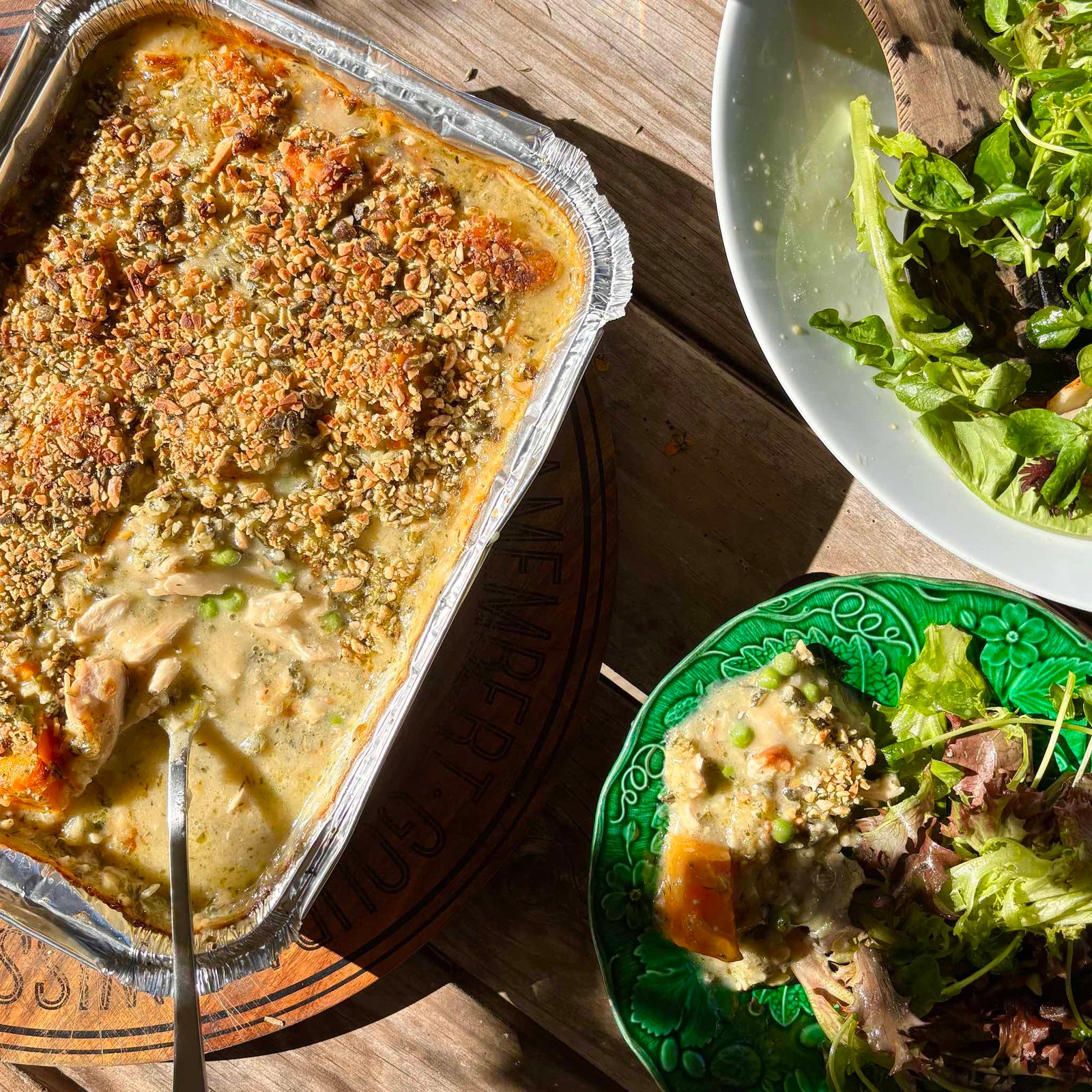
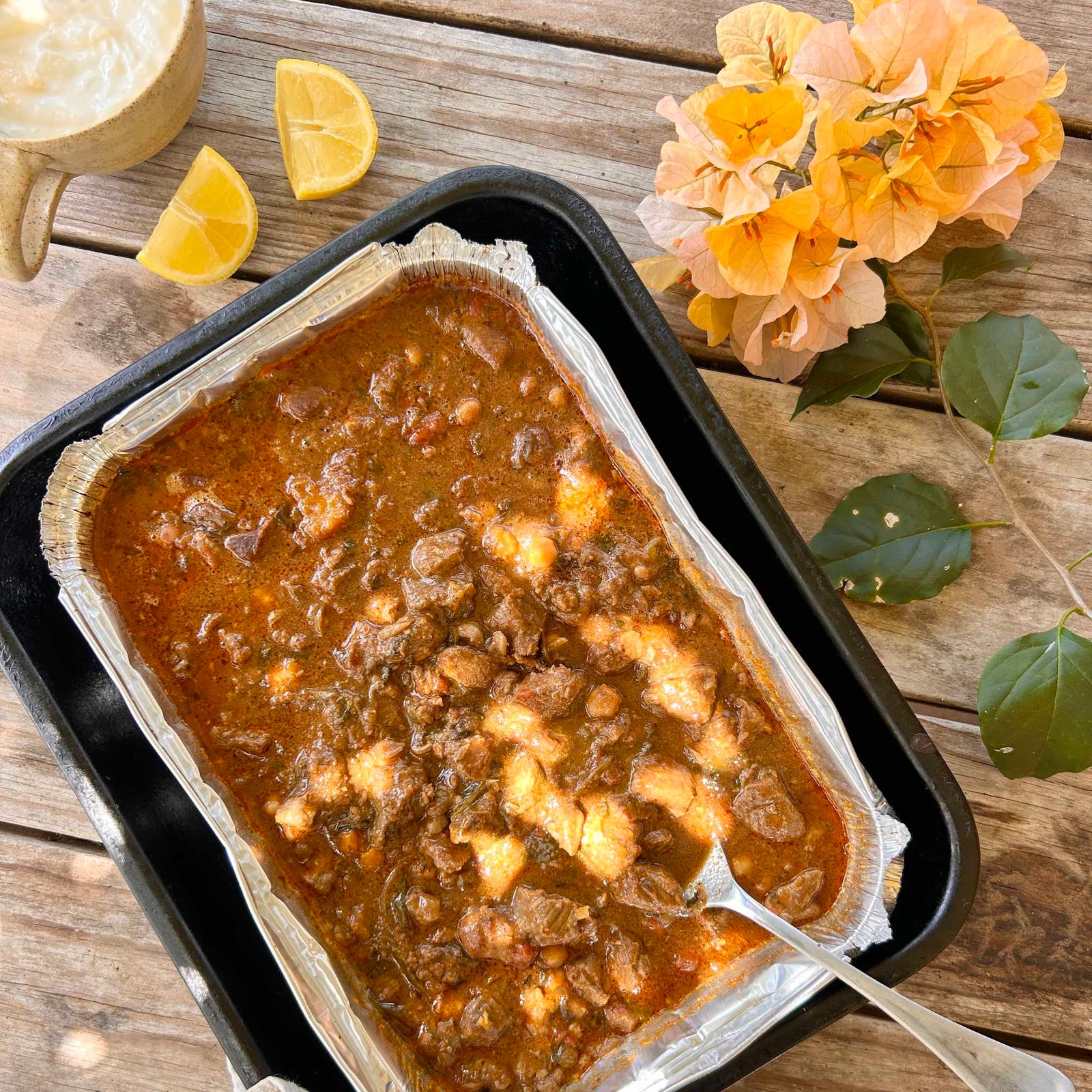

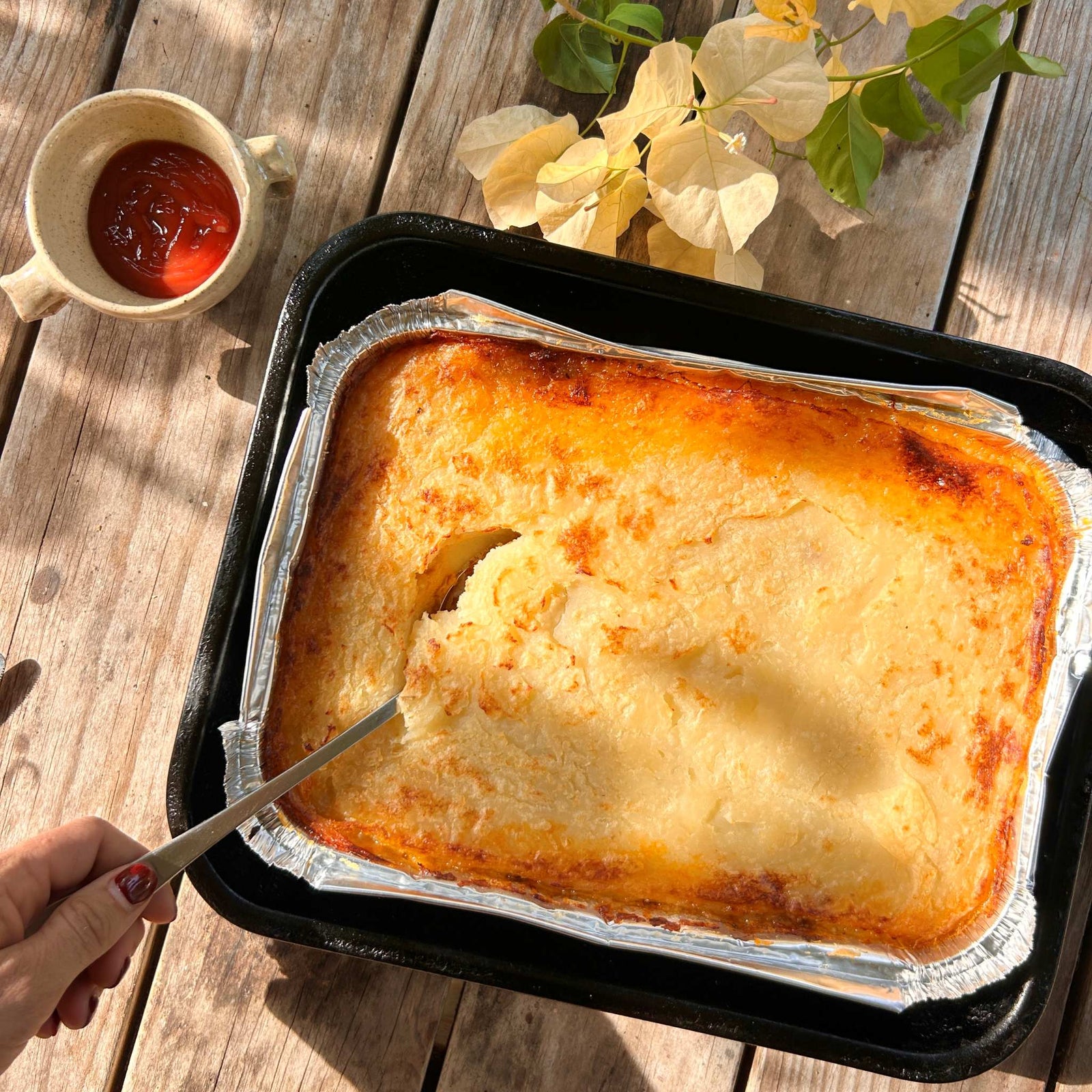

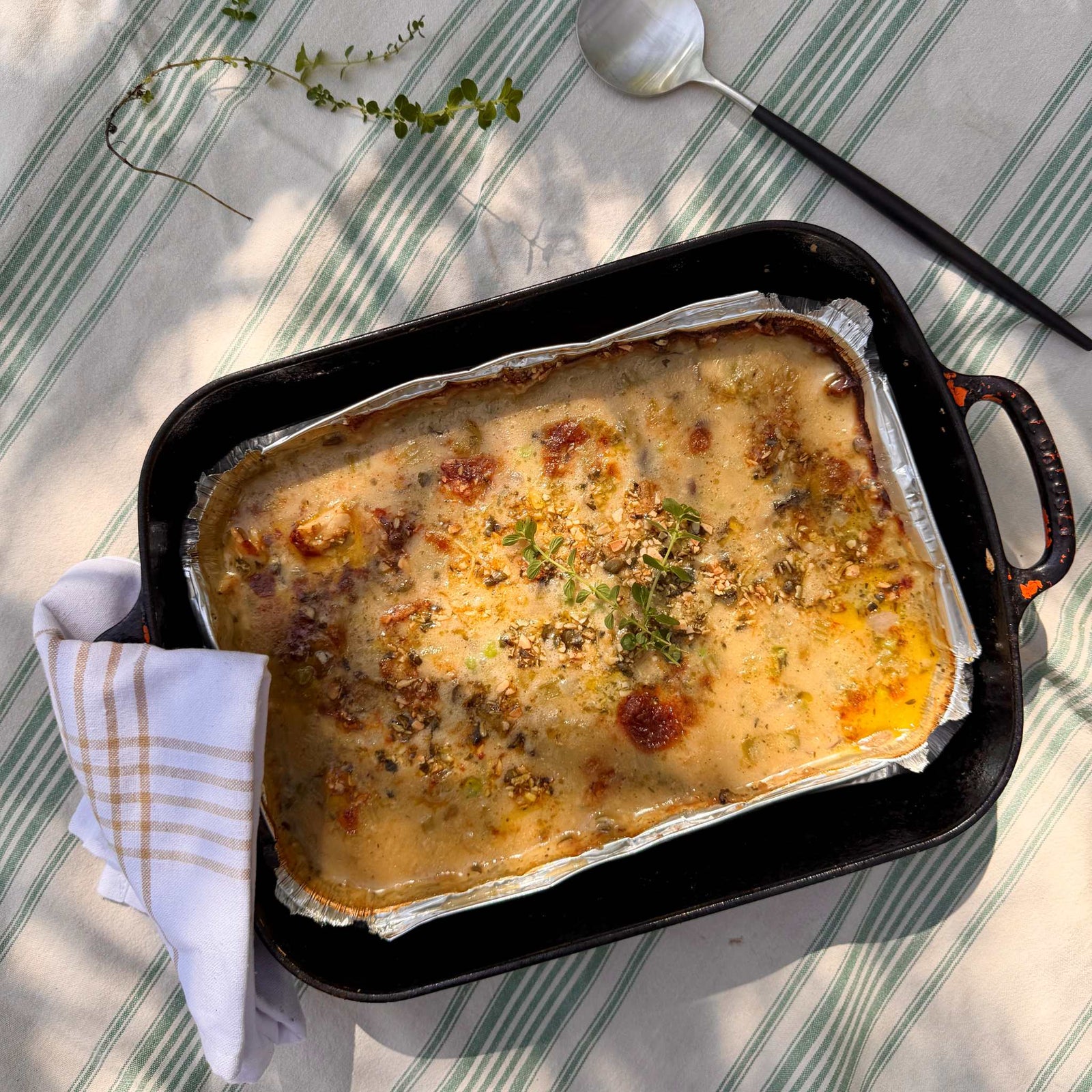

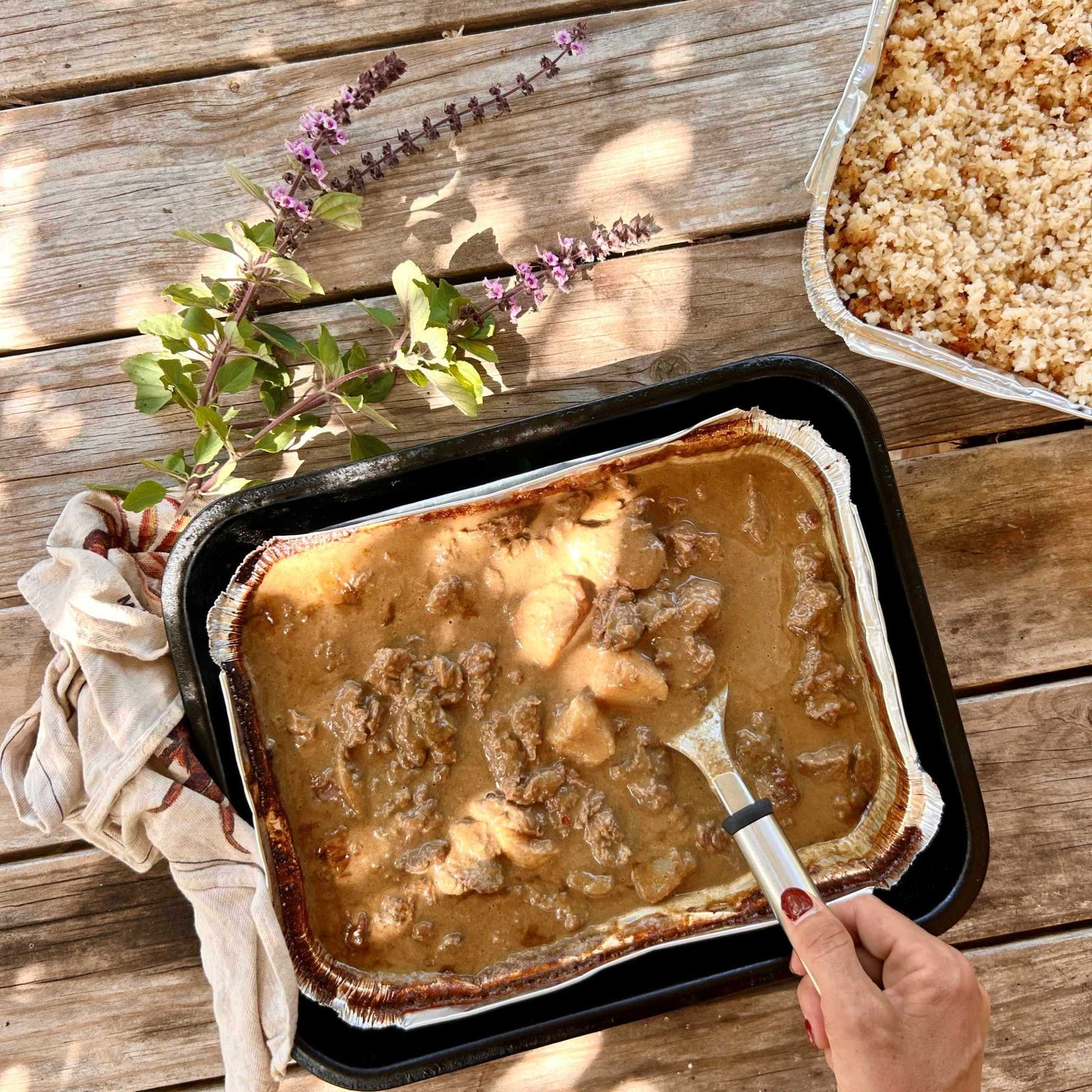

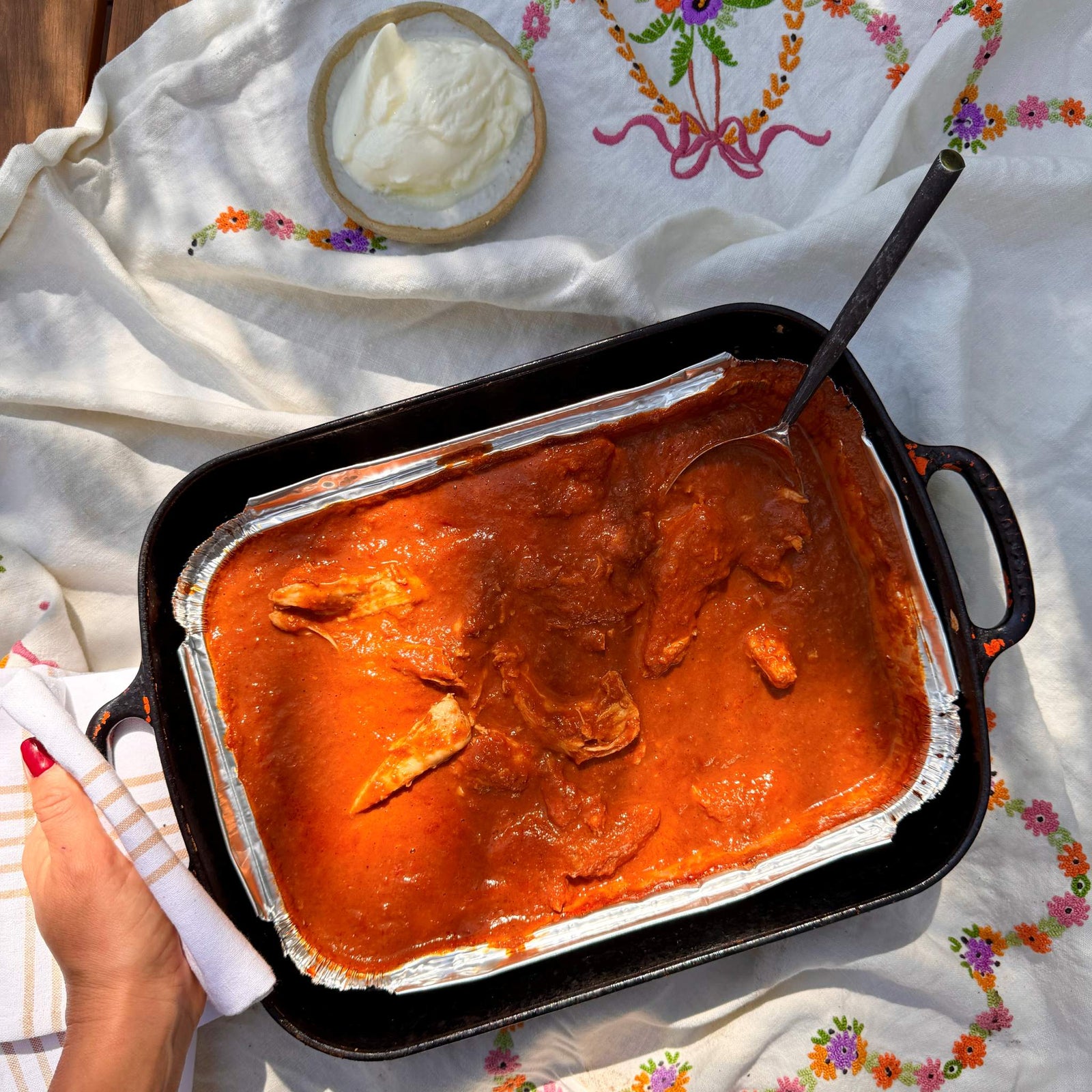

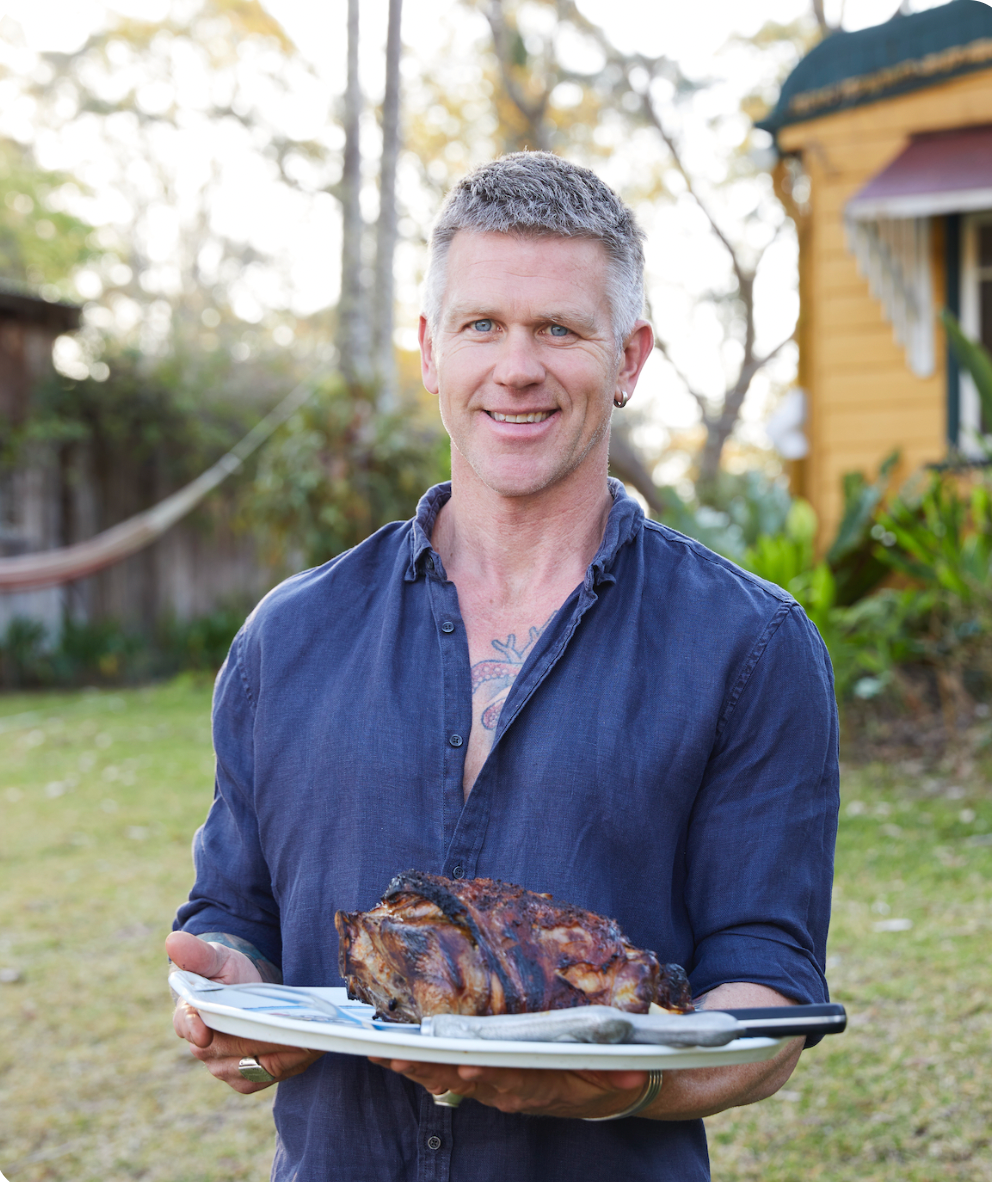

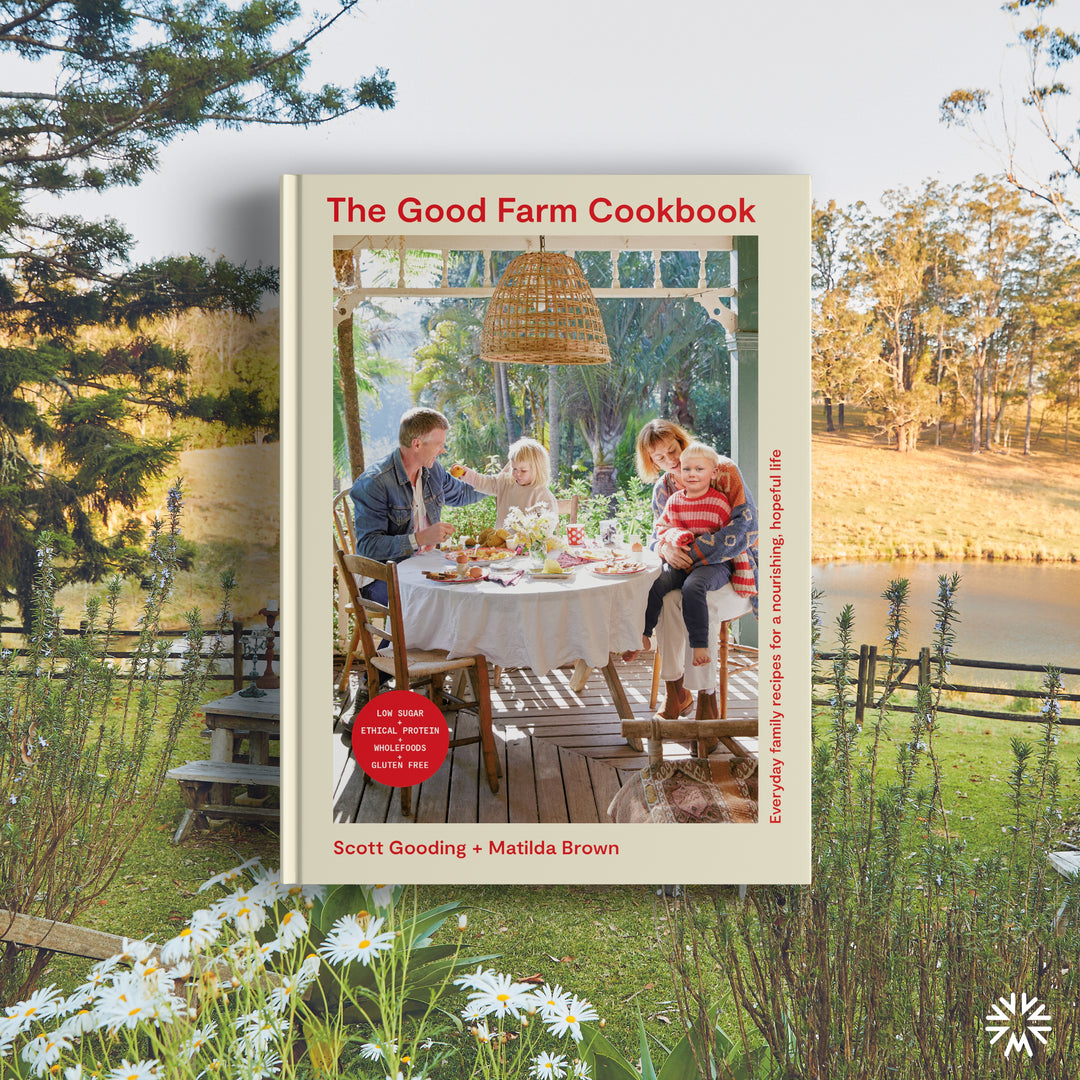

Leave a comment